Article not found
This article is no longer available. But don't worry—we've gathered other articles that discuss the same topic.
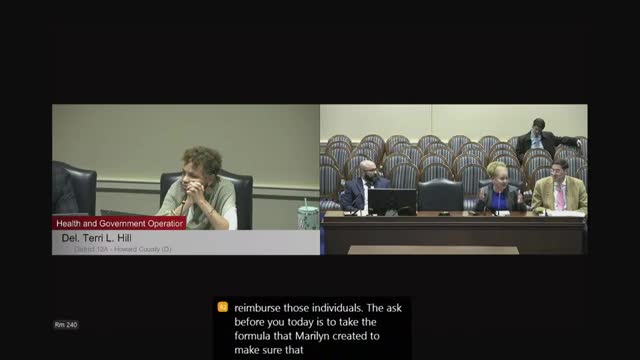
Sponsors propose letting counties perform nursing‑home surveys to address backlog; state cites oversight concerns
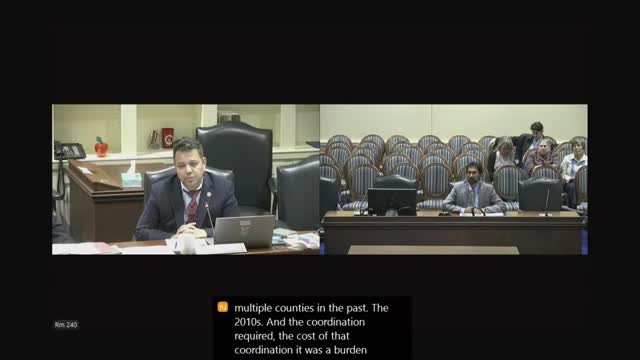
Bill would let patients get annual behavioral‑health wellness visits from trained clinicians, sponsors say
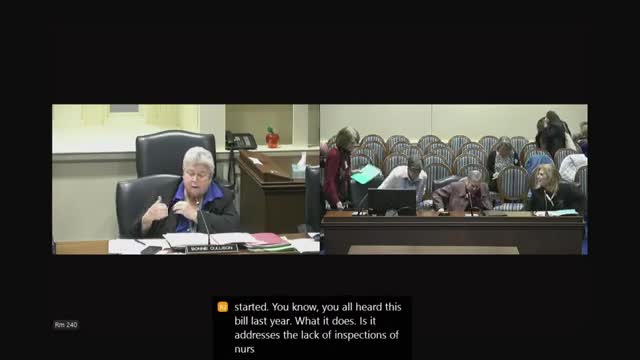
Bill would require insurers to cover coronary calcium score testing for higher‑risk patients
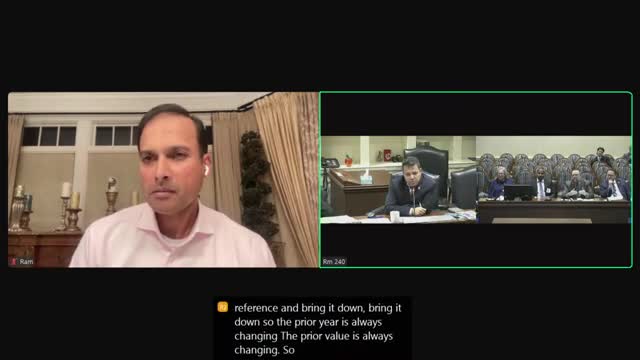
Bill would let State Board of Pharmacy send license renewal notices by email
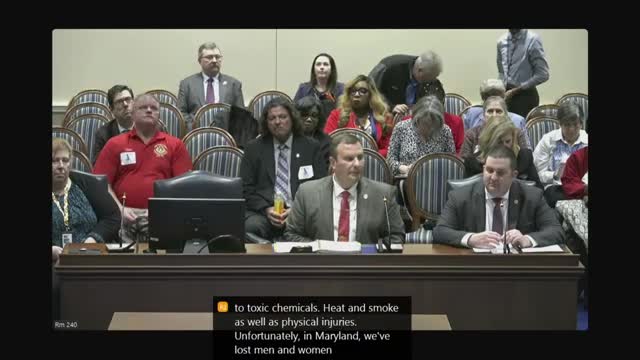
Bill would require no‑cost cancer screening coverage for career firefighters, sponsors say
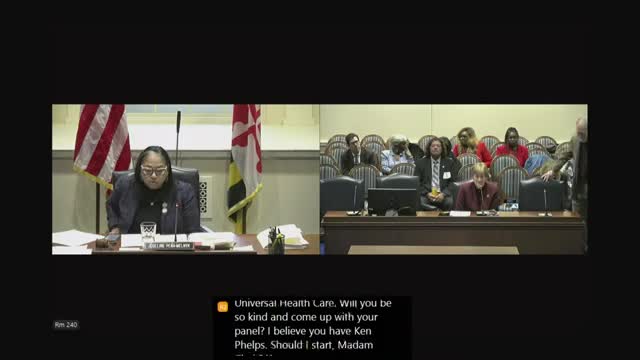
Delegate Ruth proposes study commission on single‑payer/universal health care
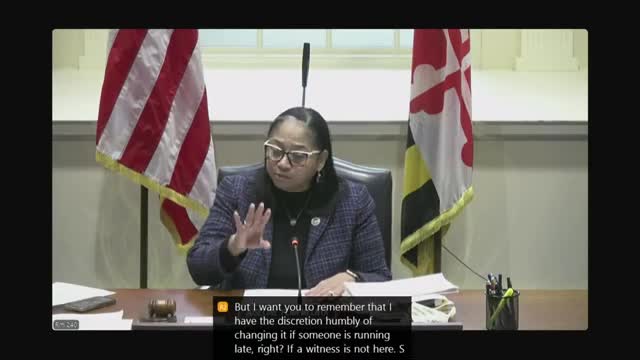
House bill would expand Prescription Drug Affordability Board authority to set statewide price limits

